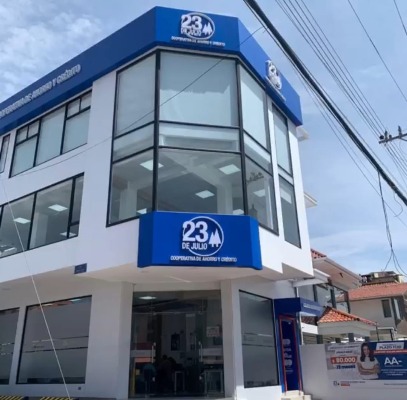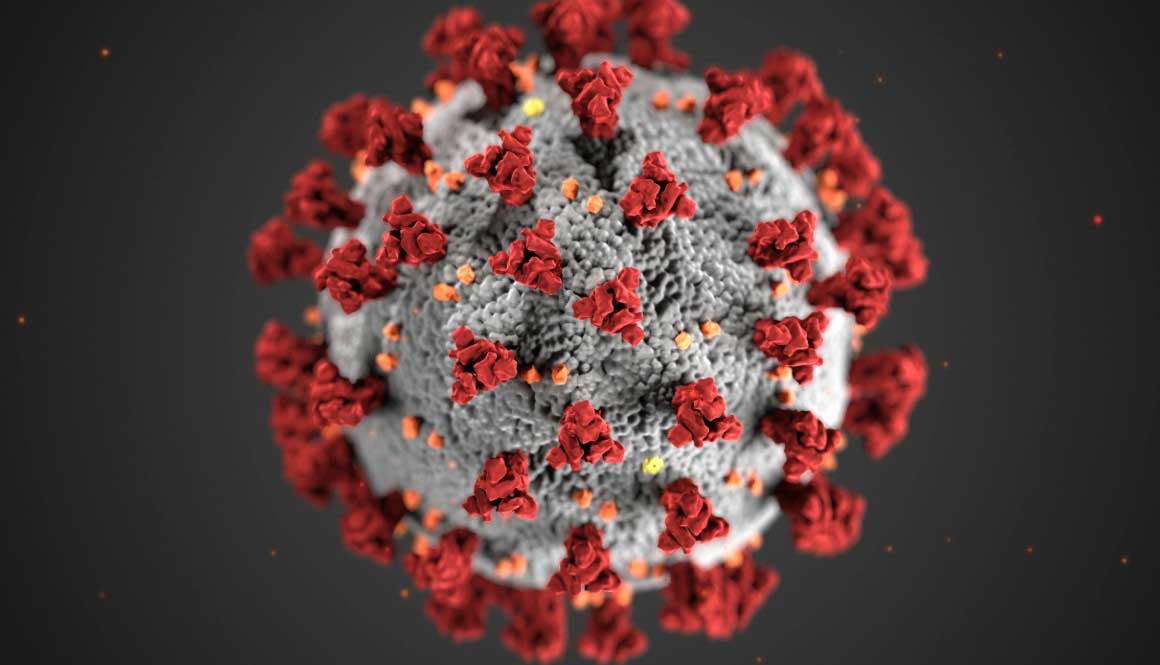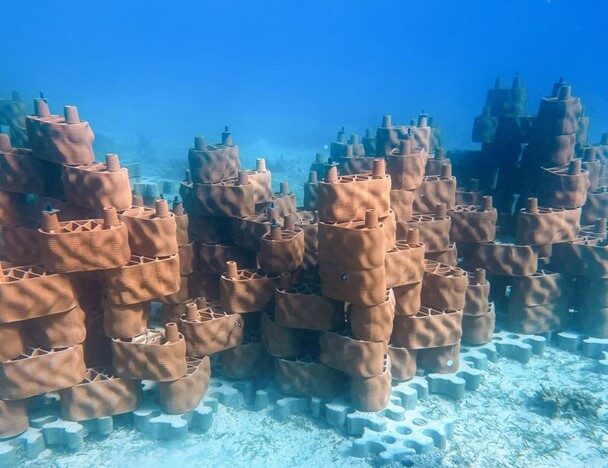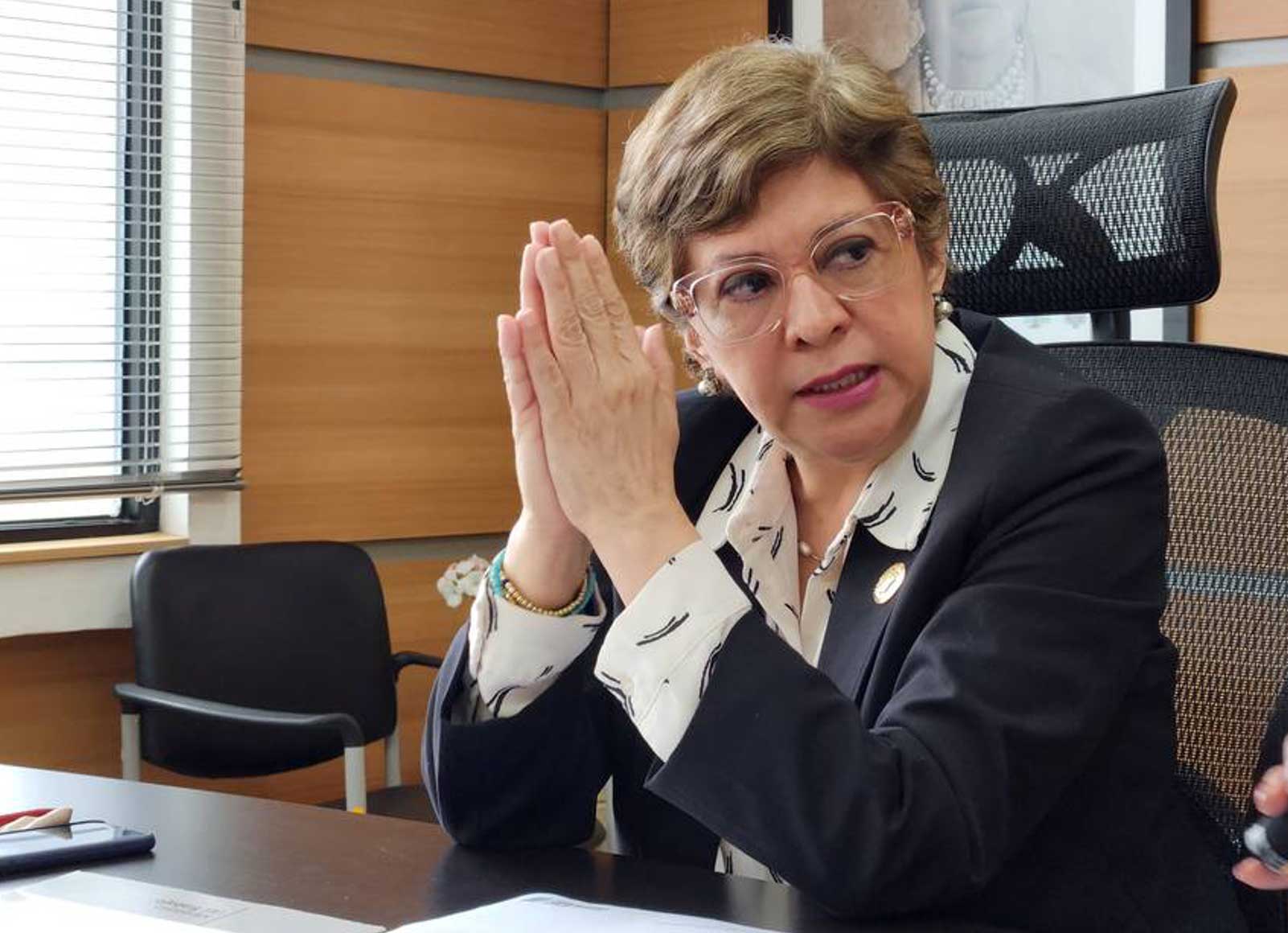With polls showing him far behind, will Maduro really step down if he’s defeated in July election?
By Antonio Maria Delgado
A political ploy designed by Venezuelan President Nicolás Maduro to regain international legitimacy through heavily manipulated elections appears to be spiraling out of control for the socialist leader as support for a previously unknown rival reaches apparently insurmountable levels.

Venezuelan President Nicolás Maduro
A new poll over the weekend shows that opposition candidate Edmundo González Urrutia now has a 40-point lead over Maduro, less than two weeks after the 74-year-old former diplomat unexpectedly got the united support of the main opposition parties.
The margin is expected to grow even higher as Venezuela nears the July 28 presidential election, and while the regime has for long been accused of holding fraudulent elections, observers say that González Urrutia’s lead might now be too large to steal.
“The question no longer is if González Urrutia can win in July because that has already been settled. The question now is if the government would actually be willing to yield power in January,” said Venezuelan pollster Jesús Seguías, whose firm Datincorp provided the new numbers. “Venezuela is in a huge mess. You don’t really need a poll to see that the entire country wants a change.”
According to the Datincorp poll, the opposition candidate now enjoys a lead of 62% over Maduro’s 20%. The other nine candidates got a total among them of 12%.
But the poll, conducted on April 28th and based on 1,200 interviews conducted in 19 different states, showed that only 55% of those consulted actually knew who González Urrutia is. “If this is the support he has when only half the country knows who he is, what will it be like when 95% of the people do?” Seguías said.
The 40-point margin came only a week after another poll, made by firm Meganális, showed the beginning of the trend, with the former diplomat with a 20-point lead.
After a series of month-long negotiations with the Biden administration, Maduro had agreed to hold presidential elections in an accord signed in October with the Venezuelan opposition. Getting important concessions from the U.S., which partially lifted its oil sanctions on the South American country, the regime had agreed to reform the often-criticized electoral system and to allow any opposition leader to compete.
Maduro reneged on the deal soon after it became evident that opposition leader Maria Corina Machado would soundly beat him in an election. He proceeded to ban her candidacy and then moved to block the candidacy of her proxy, university professor Corina Yoris. The Venezuelan strongman had hoped to have conditions in place for an election victory despite his abysmal lack of popularity, by running against 12 little known, or otherwise little-liked, contenders, who would split up the opposition vote among them.
The plan had seemed likely to succeed until Machado and the main opposition parties suddenly decided to unite and back González Urrutia.
The U.S. has reimposed its sanctions on the regime since then.
The opposition candidate’s lead is cause of concern at the Miraflores presidential palace in Caracas, as regime insiders contemplate how to deal with the growing threat.
Evan Ellis, research professor of Latin American studies at the U.S. Army War College Strategic Studies Institute, said there is little change that Maduro will allow the trend to continue, as thousands of supporters begin to rally in favor of González Urrutia in major cities, spurred by the appearances of opposition leader María Corina Machado, the real force behind the rise of the former diplomat.
“Maduro has not been in power this long by being naive,” Ellis said. “When you look at the fundamentals, you see that the people who are aligned with Maduro cannot afford the prospect of a fair change that would lead to a transparent regime, because they know that the things that they’ve done not only leave them at risk of losing power, but at risk of losing their fortunes and at the risk of going to jail for a very, long time.”
And these risks would continue even if immunity promises were made by opposition leaders during some sort of negotiation process establishing the basis for a political transition, Ellis said, citing examples of Latin American dictators who received such promises and later came to regret stepping down from power.
Maduro and many members of his regime face a long list of criminal charges, ranging from drug trafficking to crimes against humanity.
“When I look at this situation, I see the complete lack of incentives and of logic for Maduro to take any real risk of losing power,” Ellis said, adding that the regime will most likely attempt to steal the election or devise a way to eliminate González Urrutia’s candidacy.
The second option looks more likely at this point, given the growing fervor surrounding the opposition candidate and the fact that the election is still 12 weeks away. Recent rallies held by Machado in major cities have shown massive street support in favor of the opposition, creating an environment of hope that poses new challenges to the unpopular regime, said political analyst Antonio De La Cruz.
“Maduro can always kick the table over, but that is going to have a very high political cost, because now you are dealing with a massive popular movement that is being empowered by the expectation of change,” De La Cruz, executive director of InterAmerican Trends, said from Washington.
Maduro can dismantle the election because, with the military on his side, he has the power to do it, but it is unclear if he would have the strength to resist the aftermath, given his lack of popularity, De La Cruz said.
_________________
Credit: Miami Herald















